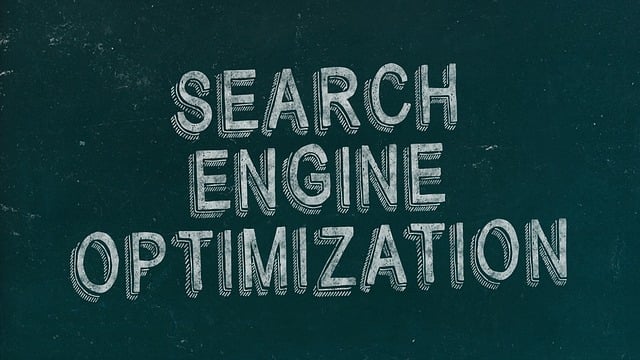AI is transforming design personalization through advanced machine learning algorithms that analyze user data for tailored outputs, including dynamic, real-time responses. AI-powered multilingual compliance onboarding bots are essential tools for businesses expanding globally, providing seamless language support during user onboarding and enhancing accessibility. As AI integrates into global markets, ethical practices are crucial, focusing on bias mitigation, data privacy, consent, and the positive impact on human creativity while ensuring responsible innovation and adherence to moral standards.
“Unleash the power of personalized design with AI landscaping—a revolutionary approach transforming the creative landscape. This article explores how Artificial Intelligence (AI) is redefining design personalization, offering tailored experiences at scale. We delve into three key aspects: understanding AI’s role in enhancing user experiences, ensuring seamless multilingual compliance through AI bots, and adopting ethical practices for responsible AI landscaping. By harnessing these strategies, businesses can create inclusive and engaging environments.”
- Understanding AI's Role in Design Personalization
- Multilingual Compliance and Onboarding with AI Bots
- Ensuring Ethical AI Landscaping Practices
Understanding AI's Role in Design Personalization

AI is transforming the landscape of design personalization, offering unprecedented opportunities for tailored experiences. By leveraging machine learning algorithms, AI can analyze vast amounts of user data, including preferences, behavior, and interactions, to create highly individualized outputs. This capability extends beyond static content; AI-powered bots can dynamically generate personalized responses, from product recommendations to interactive interfaces, in real time.
The role of AI in design personalization goes beyond mere customization. It enables businesses to achieve multilingual compliance, ensuring that personalized experiences are seamlessly delivered across different linguistic and cultural boundaries. Through onboarding processes powered by AI, companies can gather user preferences initially, setting the stage for more effective and targeted interactions going forward. This not only enhances user satisfaction but also fosters stronger connections between brands and their diverse customer bases.
Multilingual Compliance and Onboarding with AI Bots

In today’s globalized world, ensuring multilingual compliance is essential for any business aiming to reach a diverse customer base. AI chatbots play a pivotal role in this regard, as they can be programmed to understand and respond in multiple languages, creating an inclusive user experience. During onboarding, these bots guide users through the process, offering assistance in their native language, which not only enhances usability but also fosters a sense of welcome and accessibility.
By leveraging AI multilingual compliance onboarding bots, companies can streamline their global expansion efforts. These bots can adapt to new languages quickly, ensuring that the user interface remains consistent yet culturally sensitive across different regions. This capability is particularly valuable for e-commerce platforms and content delivery networks, allowing them to cater to international audiences without sacrificing personalized experiences.
Ensuring Ethical AI Landscaping Practices

In the realm of AI landscaping, ensuring ethical practices is paramount as we navigate this innovative technology. As AI becomes increasingly integrated into design processes, from personalized user experiences to multilingual compliance, it’s crucial to implement robust strategies. One key aspect is effective onboarding for AI bots, ensuring they adhere to global standards and local regulations. This involves rigorous testing, transparency in data usage, and continuous monitoring to prevent biases and ensure fairness.
Additionally, developers and designers must prioritize user privacy and consent. By implementing clear communication about data collection and usage, individuals can make informed choices. Ethical considerations also extend to the potential impact on employment, as automated systems evolve. Embracing responsible AI landscaping means fostering a future where technology enhances human creativity while upholding moral standards.
AI is transforming design personalization, enabling dynamic and tailored experiences. By leveraging AI multilingual compliance and onboarding bots, we can create inclusive environments that cater to diverse users. However, it’s crucial to adopt ethical AI landscaping practices to ensure fairness, transparency, and user privacy. Balancing innovation with responsibility will harness the full potential of AI in shaping a future where design truly serves all.
